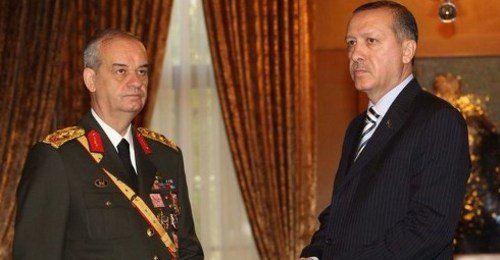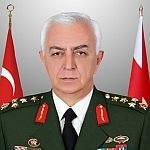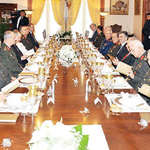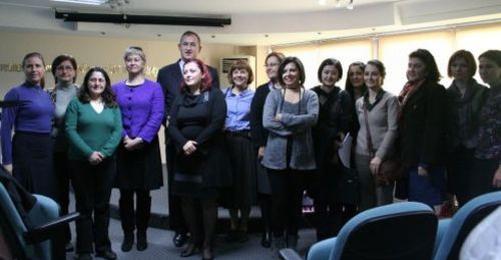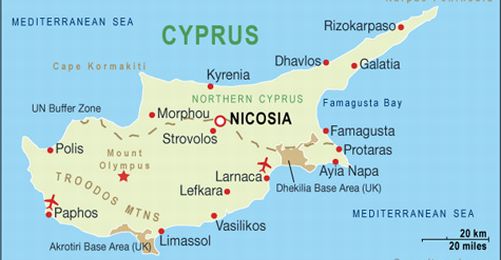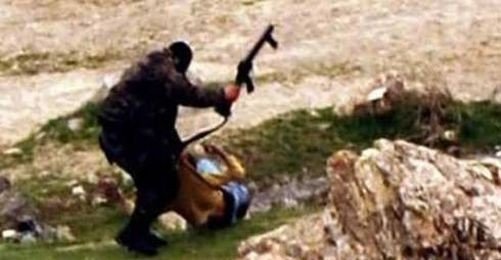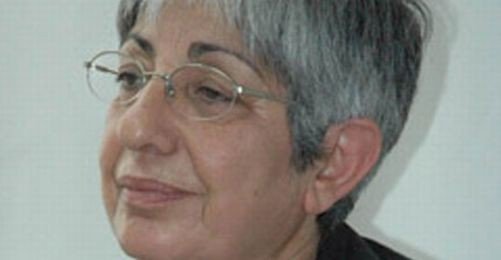"Today's Higher Military Council 'crisis' is a result of the change in the army-civilian relations in the last seven years."
According to Prof. Dr. Nilufer Narli from Bahcesehir University, the disagreement between the government and the army regarding promotions, has a background. Narli, who has been working on the army-civilian relations and the security sector's need for transparency, states that especially the legal regulations carried out in the harmonisation process with the European Union "represent radical steps in bringing the army under civilian control."
Ongoing tensions and the military's reaction
The aim of these steps was to increase the control of civilian institutions over the formation of the national security budget and the military spendings, says Narli. She adds that the tensions were elevated with the Ergenekon case.
During the last two years, many allegations have surfaced regarding coup plans by army personnel.
During the latest Higher Military Council meeting, the government rejected promoting Hasan Igsiz as Commander of Land Forces. Igsiz is under investigation because of the "action plan against reactionary forces. There also was controversy over the promotions of 11 other generals and admirals, who are suspects in the "Sledgehammer" coup plan trial.
"Even though there is agreement between the government and army over the fight against PKK, there are growing disagreements over many internal and external political issues," said Narli.
"Why did tensions grow at this point? It seems that the army reacted against an attempt by the Justice and Development Party government to step up civilian control. But this process will continue."
Old CHP-new CHP
Narli also evaluated the approach of the main opposition Republican People's Party (CHP). According to her, there is a difference between the old CHP and the new CHP.
CHP leader Kemal Kilicdaroglu commented on the developments by saying: "We have to keep the army out of politics as much as possible. If you change practices, if you interfere, you pull the army into politics. The people have paid whenever the army in Turkey intervened in politics."
Former CHP leader Deniz Baykal, on the other hand, said a civilian coup has been staged and that the Justice and Development Party is trying to promote its supporters within the army too.
Narli states that Kilicdaroglu, by proposing a change to article 35 of the Turkish Armed Forces Internal Services Law, has signalled an important change in CHP's view on military-civilian relations.
"Kilicdaroglu watches the 'crisis' and develops an analysis. The former CHP was against any reform in military-civilian relations," says Narli. (EU/EA)





